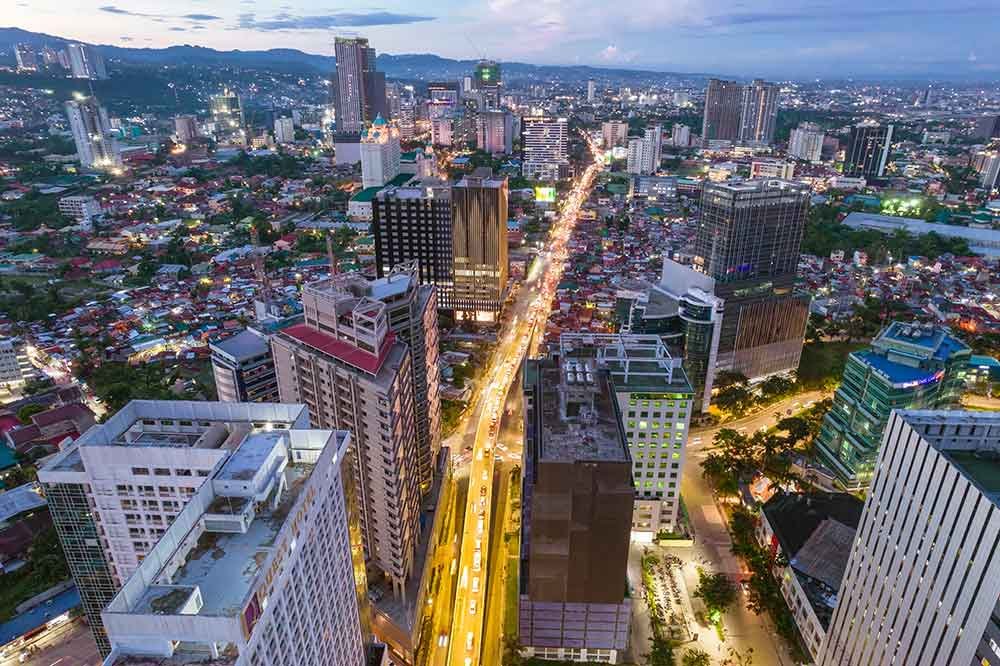Cebu is surpassing all regions in terms of economic growth but it is lacking in energy security.
According to the latest data from the Department of Energy (DOE), Central Cebu experienced a growth of 7.3% in 2023. Cebu maintains its title as the wealthiest province for the ninth year in a row.
The growth is driven by the Information Technology and Business Process Management (IT-BPM), Tourism, and Manufacturing sectors.
However, without the needed baseload capacity, Cebu suffers from energy instability. Cebu relies on energy imports from Panay and Leyte, with supplemental energy coming from Luzon.
Early this year, Panay Island suffered a four-day power outage. In April, the Visayas grid received Red and Yellow alerts as peak demand reached 2,525 MW. With the current energy supply, more shortages are expected in three to four years.
At a recent energy forum in Makati, the DOE stated that by 2027, demand will outpace supply in Cebu Province if new baseload power plants are not constructed.
To meet the urgent supply requirements of the fast-growing province, the DOE recommends maximizing coal capacities.
“Maximizing the use of existing energy infrastructure avoids imposing additional cost burdens on both the economy and consumers,” DOE Secretary Raphael Lotilla said at the energy forum.
Gov. Gwendolyn Garcia also expressed her support for the idea of building baseload power plants in Cebu to cope with the province’s rapid development. While there is an existing moratorium on new coal plants, this excludes committed, indicative, and expansion plans.
One such expansion project is the expansion of the Toledo City plant. Acting Cebu City Mayor Alvin Garcia disclosed at the recent Cebu Business Month Summit that the city expects an additional 150 MW by 2028 from the project.
The Toledo City plant expansion is being handled by Therma Visayas Inc. (TVI), a subsidiary of Aboitiz Power Corporation..
Secretary Lotilla recognized the growth potential of solar and wind energy but noted that at present, the supply is too low for Cebu’s energy demands. The market share of solar and wind energy is below 35% for the past six years.
To sustain the momentum of economic growth, Cebu needs to gain energy security as soon as possible. “We aim for adequate baseload capacities while boosting renewable energy in the mix,” Lotilla said.
Reference:
Economic powerhouse Cebu aligns with PH energy security goal (malaya.com.ph)
Cebu’s IT-BPM industry hits $32.5-B in revenue (tribune.net.ph)


